
Findings of JAMA Network Open analysis reveal effects of interventions designed to prevent spread.

Findings of JAMA Network Open analysis reveal effects of interventions designed to prevent spread.
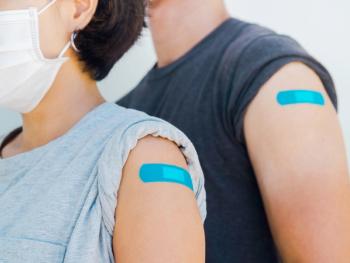
The first study of COVID-19 vaccination status among romantic couples found 15.63% were in disagreement over whether to receive the vaccine.

“Deltacron,” a COVID-19 strain with genes from both the Delta and Omicron variants, appears to have been circulating since the beginning of the year.

The war on Ukraine is expected to drive COVID-19 and other infectious diseases, meaning health organizations and neighboring countries should prepare to assist in the impending health crises.

Popular pain and fever-reducing drugs can have unintended consequences when it comes to infectious diseases.

The retroviral HIV drug HERV-K could be effectively repurposed to treat patients with meningioma and acoustic neuroma, common primary brain tumors.
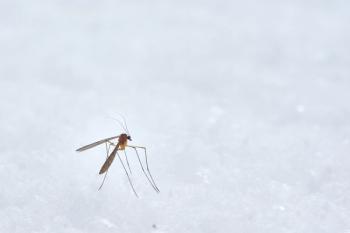
First-in-class triaminopyrimidine demonstrates antimalarial efficacy in first-in-human test of dosing, kinetics, and clearing parasite in infected volunteers.

Patients hospitalized during the COVID-29 pandemic for unrelated conditions were 20% more likely to die than in the prepandemic period.

The phase 3 results for its antibiotic, cefepime-taniborbactam, demonstrated it met its primary endpoint and the company says it is on track for a fourth quarter 2022 FDA NDA.

The product is designed to eliminate some of the drawbacks of fecal microbiota transplantation.

Using real-time genetic surveillance, investigators found bacterial infections rapidly develop resistance to antibiotics, only to have these gene mutations disappear within a few days of switching to a different treatment.
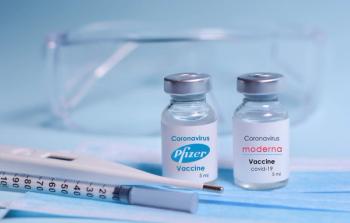
A large surveillance study of 2 symptom-reporting databases found side effects after Moderna or Pfizer-BioNTech COVID-19 vaccination were frequently nonserious and resolved within 1-2 days.

The company is examining its antiviral pill for children 6 to 17 years of age in combating COVID-19.
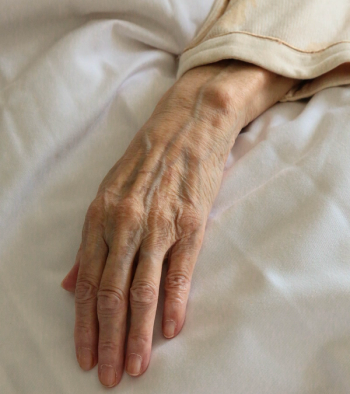
Study with Medicare beneficiaries found those at highest risk of severe COVID-19 among least likely to receive monoclonal antibody treatment.
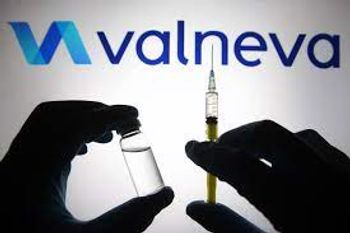
There is no vaccine to prevent or treat chikungunya virus. Valneva announced 98.9% of phase 3 trial participants achieved CHIKV neutralizing antibodies after a signle dose of their vaccine candidate, VLA1553.

Even a mild COVID-19 infection can change the brain. People infected had a greater reduction in brain volume and performed worse on cognitive tests than those who did not contract COVID-19.
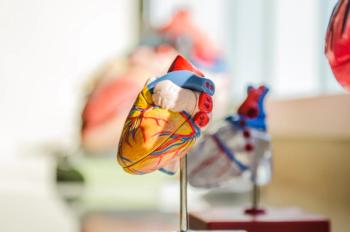
Investigators finding high risk for cardiovascular complications post-acute COVID-19 urge increased monitoring and preparedness.
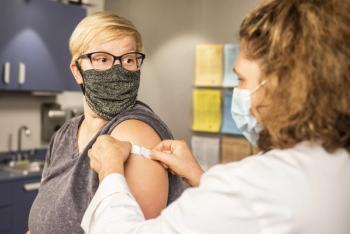
Final analysis of phase 3, placebo-controlled trial confirms efficacy and safety of single-dose adenoviral vector vaccine against COVID-19.
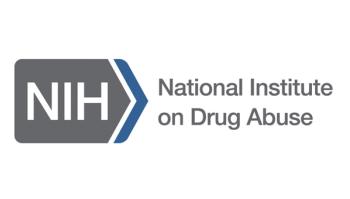
“People don’t recognize that at least 1 in 5 of the deaths from opioids may result from endocarditis,” said National Institute of Drug Abuse (NIDA) director Dr. Nora Volkow, adding that endocarditis is “100% preventable.”
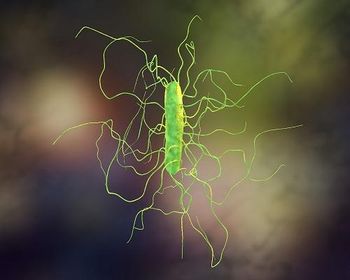
A new report based on samples from Texas and Kenya found significant proportions of samples from patients with CDI had nonsusceptible isolates.

Black Americans were more likely than White Americans to have a significant decrease in COVID-19 vaccine hesitancy over time.
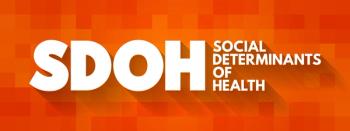
Associations between social determinants of health (SDOH) and COVID-19 mortality varied across racial and ethnic groups and community types.
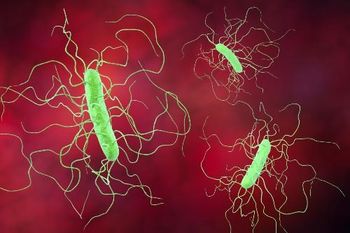
The company’s investigational PF-06425090 vaccine did show benefits including decreased median infection period and no hospitalizations in the vaccinated cohort.

This week, one of the m-RNA COVID-19 vaccine’s effectiveness was shown to drop from 68% to 12% in children 5-11 years old within a month. This data raises concerns of what should be done to protect this pediatric population.

One study found people were more likely to take the COVID-19 pandemic seriously when they saw the overall number of infections, as opposed to being presented with only new daily cases.

However, those that do have significant influence—and may have affected vaccination rates and treatment use, research suggests.
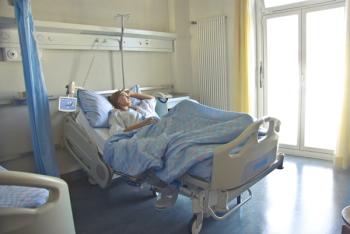
Few patients hospitalized for COVID-19 developed concurrent infectious diseases or required antibiotics.

Minnesota hospitals established to care exclusively for COVID-19 patients saw lower rates of mortality than general hospitals.
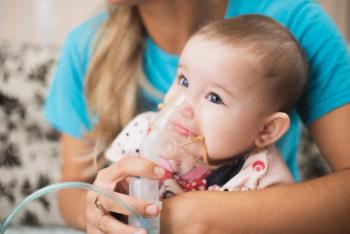
A single-dose injection of nirsevimab before RSV season was proven to reduce infants’ risk of lower respiratory tract infection by 74.5%.

This findings present an opportunity for countries to critically review testing approaches to develop specific targeted HIV testing.